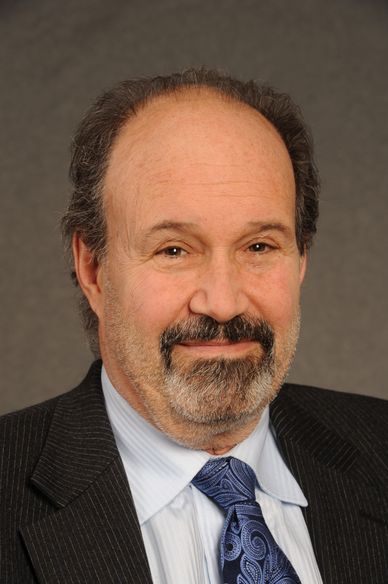Obstacles for the Kerry Peace Initiative between Israelis and Palestinans – an analysis of the latest developments

January 27, 2014: Roundtable-Diner and Discussion
Dr. David Pollock, Kaufman Fellow, Washington Institute for Near East Policy
Senior Advisor for the Broader Middle East at the US State Department (2002 - 2007)
In January 2014 U.S. Secretary of State John Kerry proposed a draft for a framework agreement to Israelis and Palestinians.
Since summer 2013 direct negotiations are taking place between the parties on Kerry's initiative.
The draft calls on the Israelis to recognize the 1967 border with agreed land swaps and on the Palestinian Authority to accept Israel as a Jewish state and a 10-year Israeli security presence in the Jordan Valley.
The parties are far from an agreement in all main aspects. David Pollock particularly points to the Palestinian incitement in school textbooks and in Palestinian media, as an important obstacle to peace.
Dr. Pollock will discuss these and other questions regarding Kerry’s Middle East peace initiative.
Dr. David Pollock
is the Kaufman Fellow at The Washington Institute, focusing on the political dynamics of Middle East countries. He is also director of Fikra Forum, an online community that aims to generate ideas to support Arab democrats in their struggle with authoritarians and extremists. He is the author of a new study entitled “Beyond Words: Causes, Consequences, and Cures for Palestinian Authority Hate Speech.”Other recent major publications include “Actions, Not Just Attitudes: A New Paradigm for U.S.-Arab Relations” (2010) and “Slippery Polls: Uses and Abuses of Opinion Surveys from Arab States” (2008).
His most recent articles and op-eds focus on the ongoing Syrian and Egyptian crises, including “After CW Deal, U.S. Must Keep Its Pledge to Aid the Syrian Opposition” and “Helping the Dust Settle: Why Washington Cannot Cut Aid to Egypt.”
Dr. Pollock served previously as senior advisor for the Broader Middle East at the State Department, a post he assumed in 2002. In that capacity, he provided policy advice on issues of democracy and reform in the region, with a focus on women's rights. He also helped launch the department's $15 million Iraqi Women's Democracy Initiative and the U.S.-Afghan Women's Council, working directly with advocates across the Middle East.
From 1996 to 2001, Dr. Pollock served in several other State Department policy advisory positions covering South Asia and the Middle East, including four years as regional expert on the secretary of state's Policy Planning Staff. Previously, he was chief of Near East/South Asia/Africa research at the U.S. Information Agency, where he supervised the government's study of public opinion, elite attitudes, and media content across the three regions. In 1995-1996, he was a scholar-in-residence at The Washington Institute, where he authored the widely read Policy Paper “The 'Arab Street'? Public Opinion in the Arab World”.
Dr. Pollock holds a Ph.D. in Political Science and Middle Eastern Studies from Harvard University, where he has served as a visiting lecturer, and was an assistant professor at George Washington University. He has traveled widely in the Middle East, including visits to Azerbaijan and Iraqi Kurdistan in November 2013, speaks fluent Arabic, French, and Hebrew, and maintains a large network of contacts in government, academia, and business throughout the region.